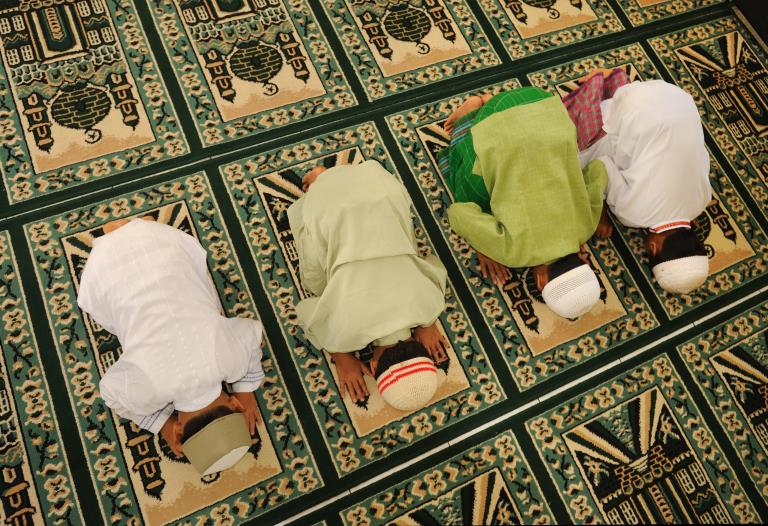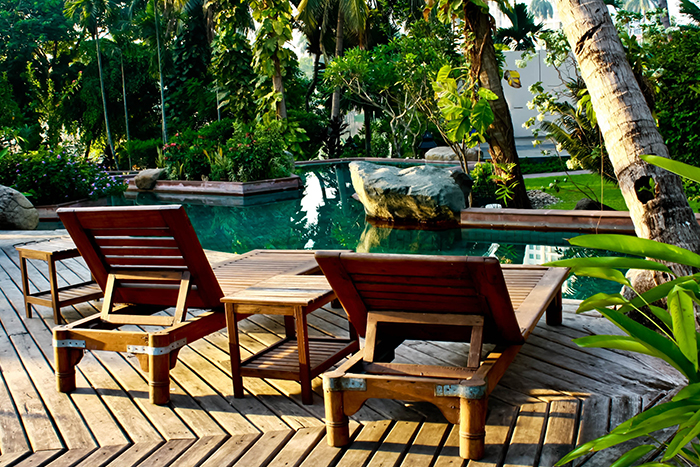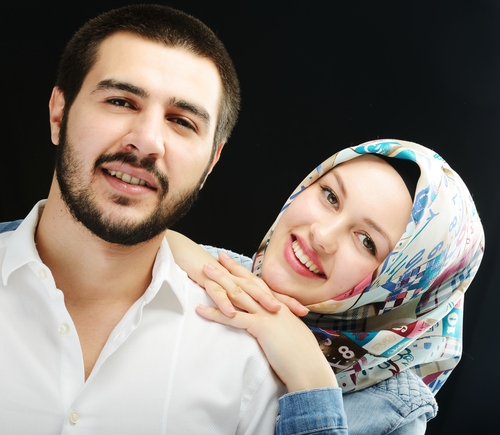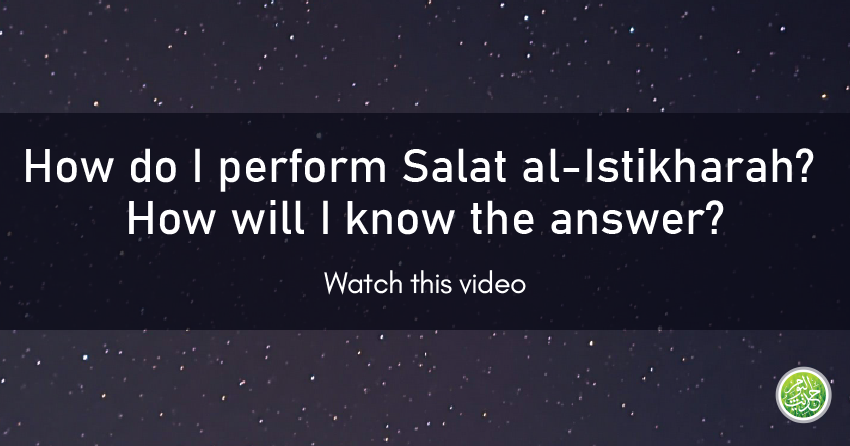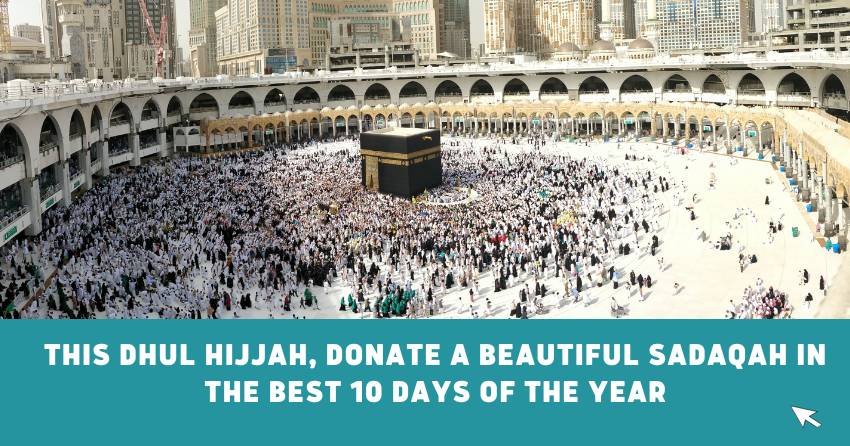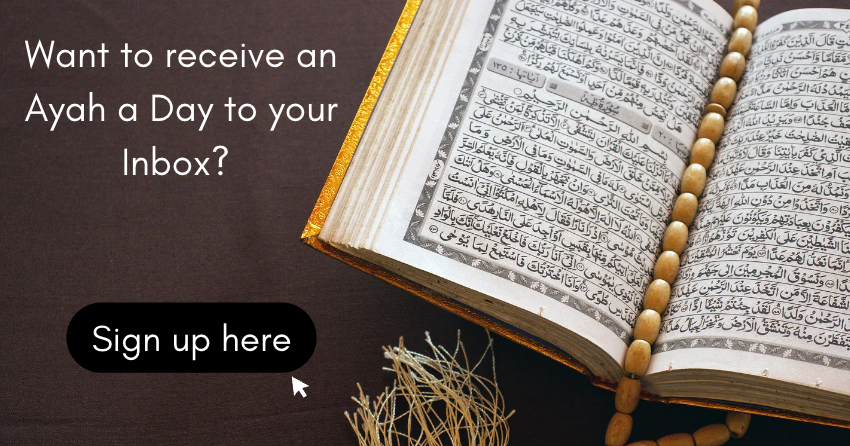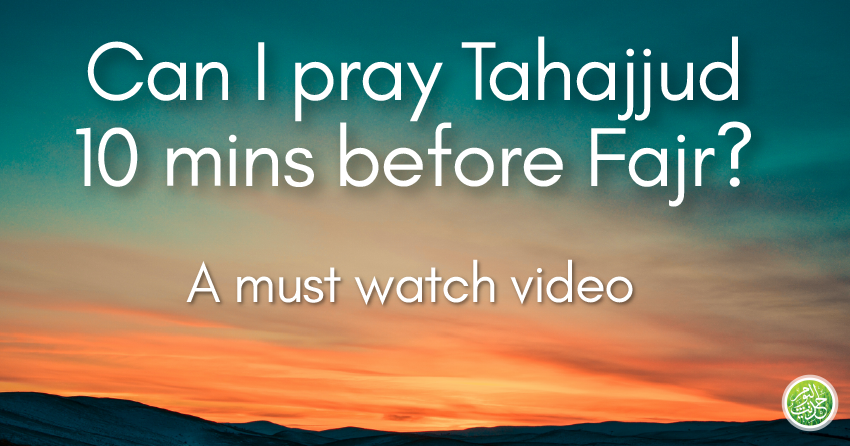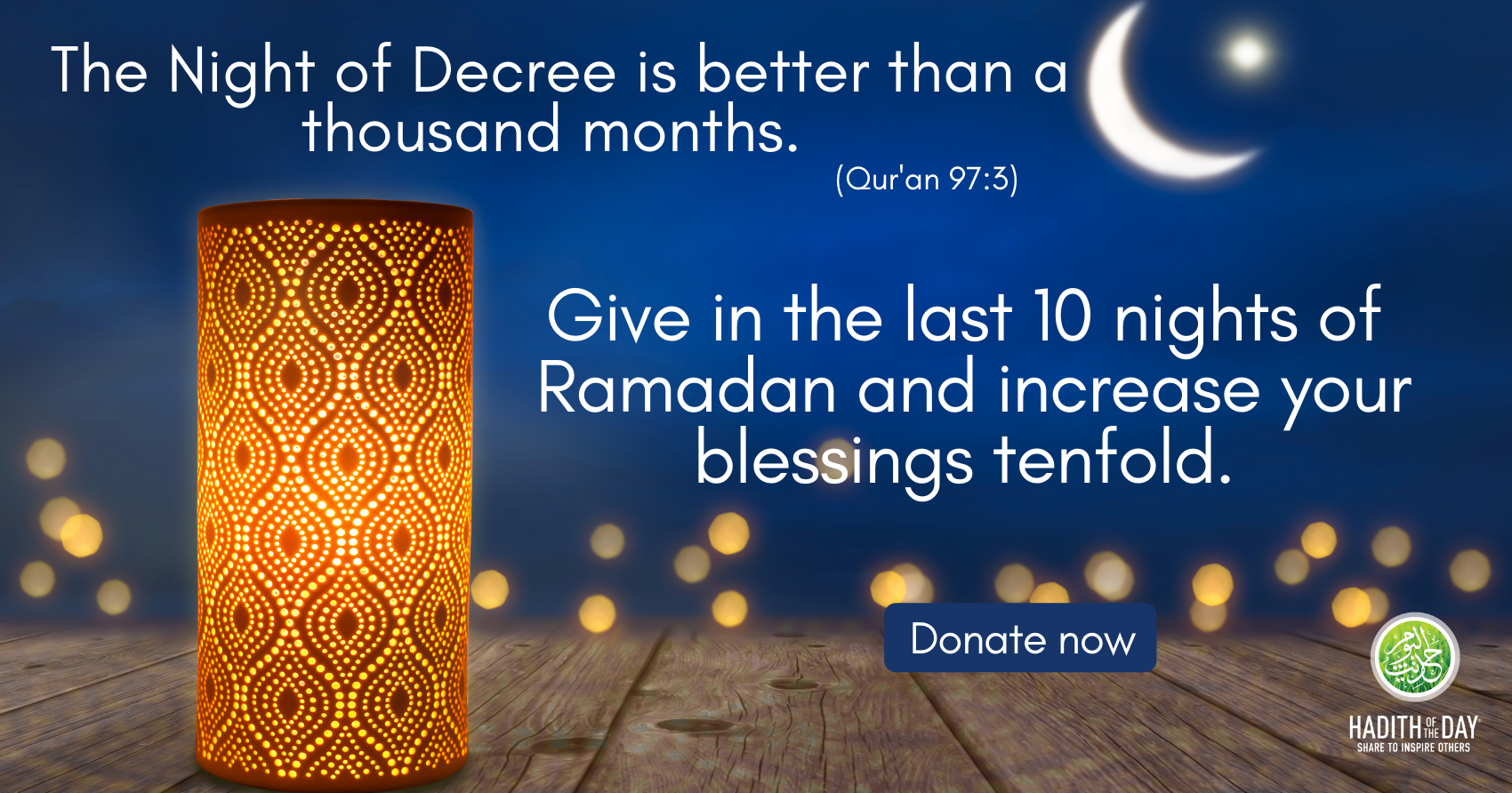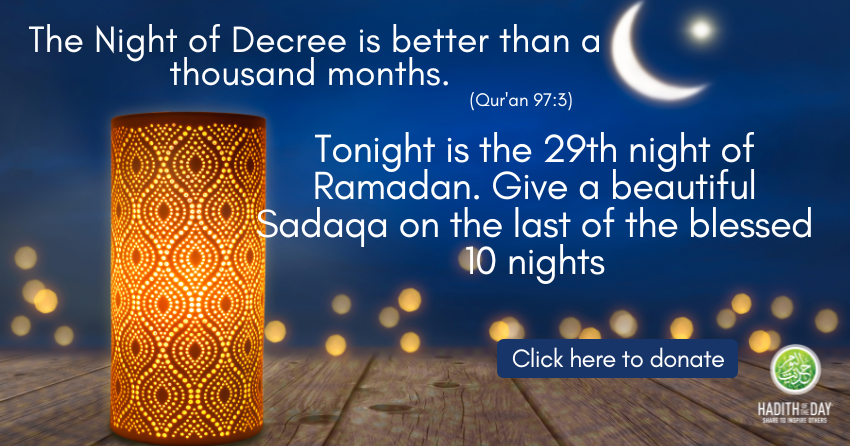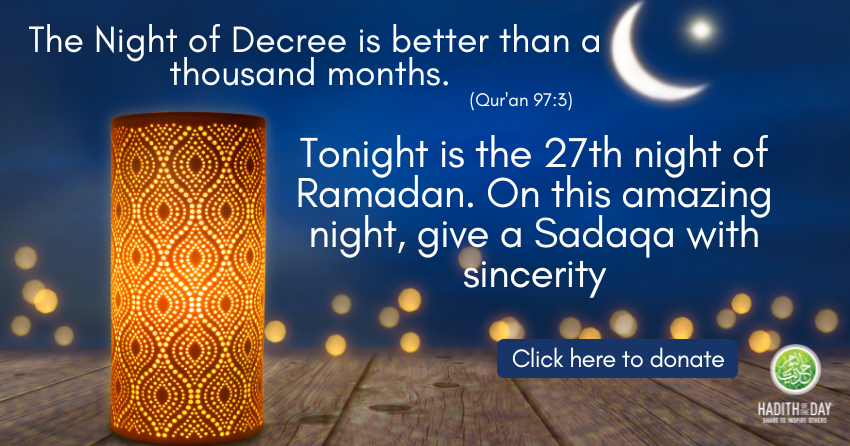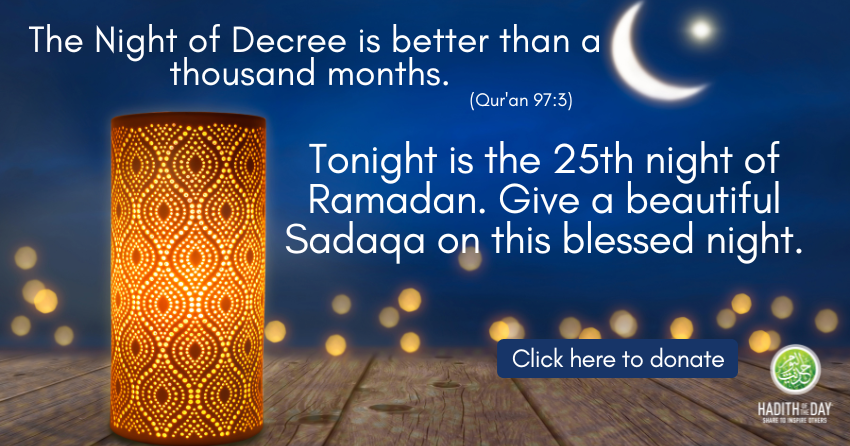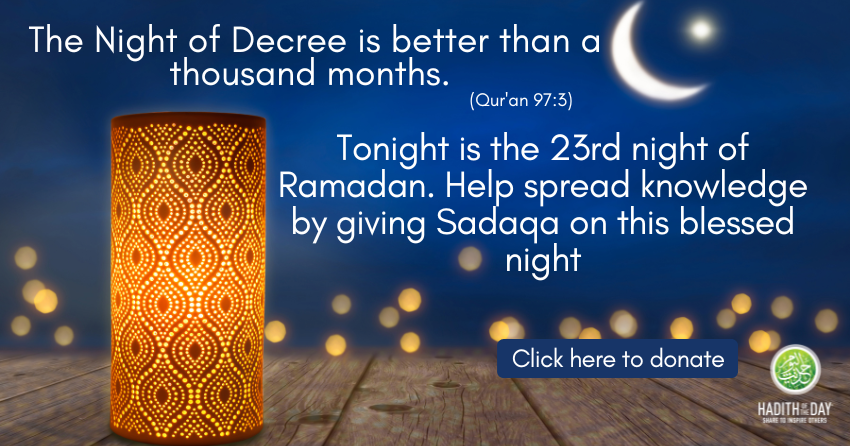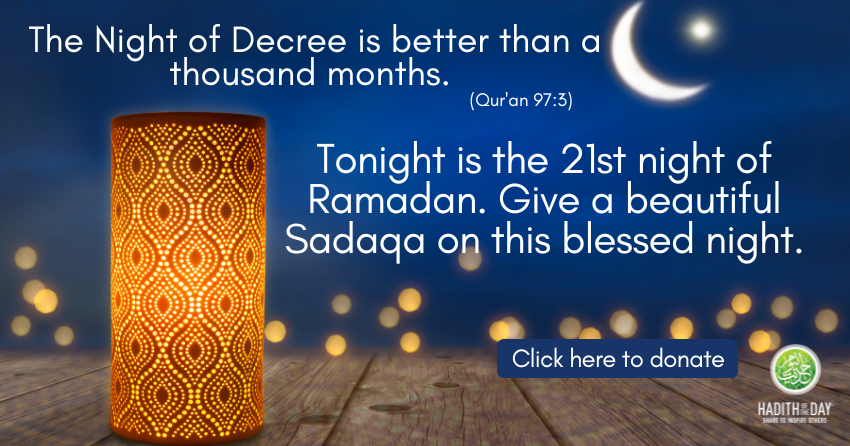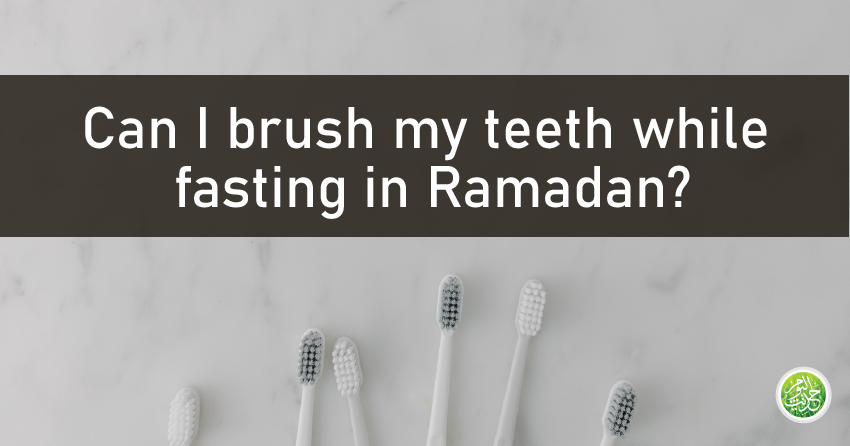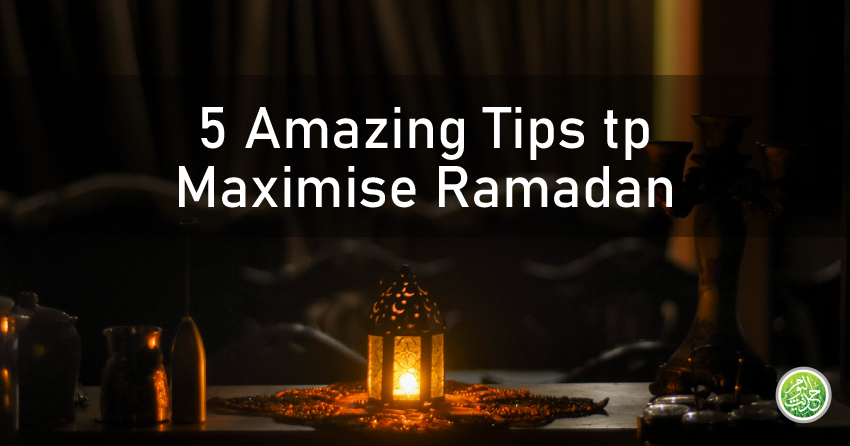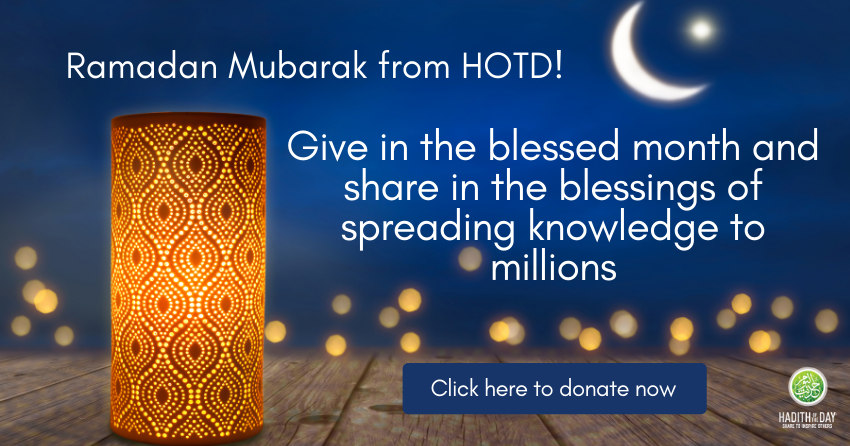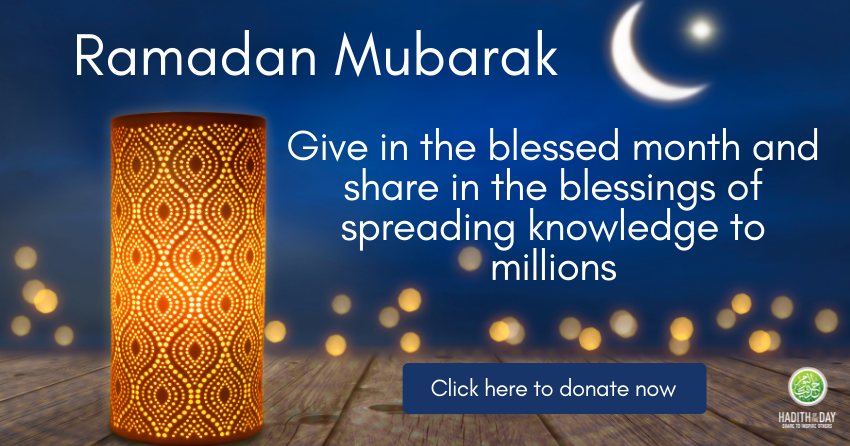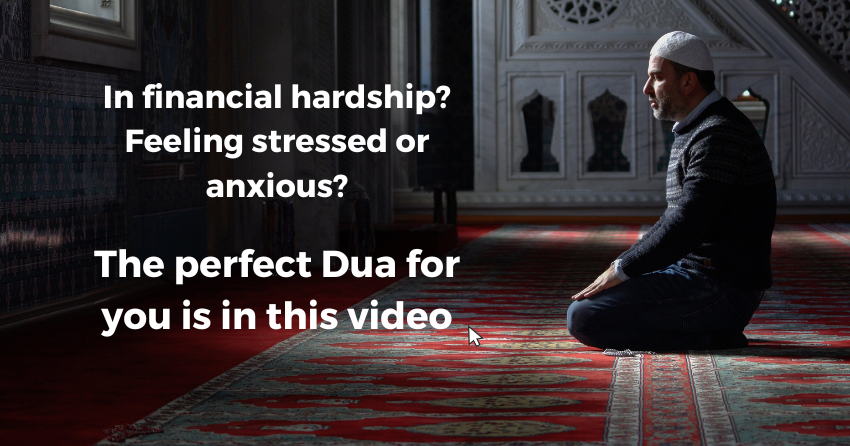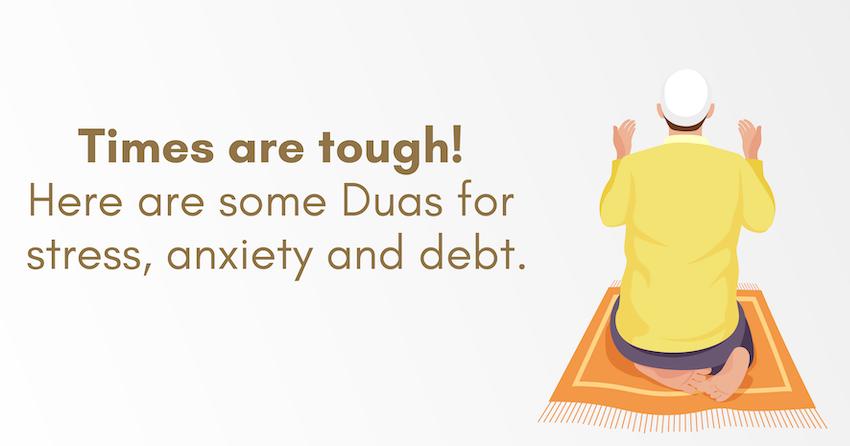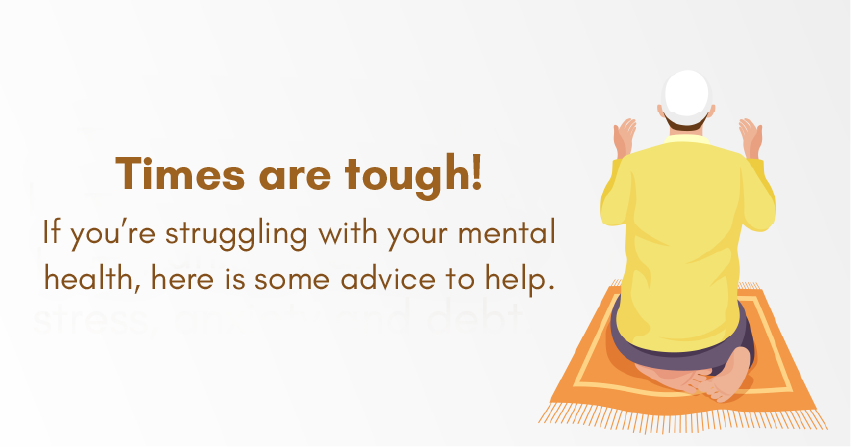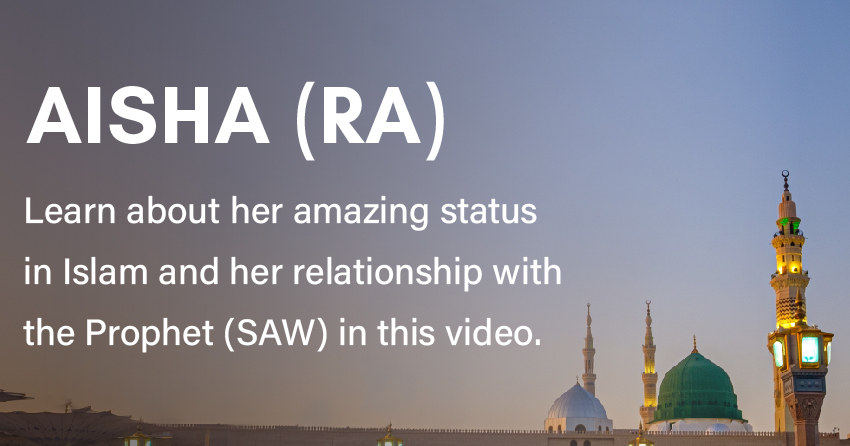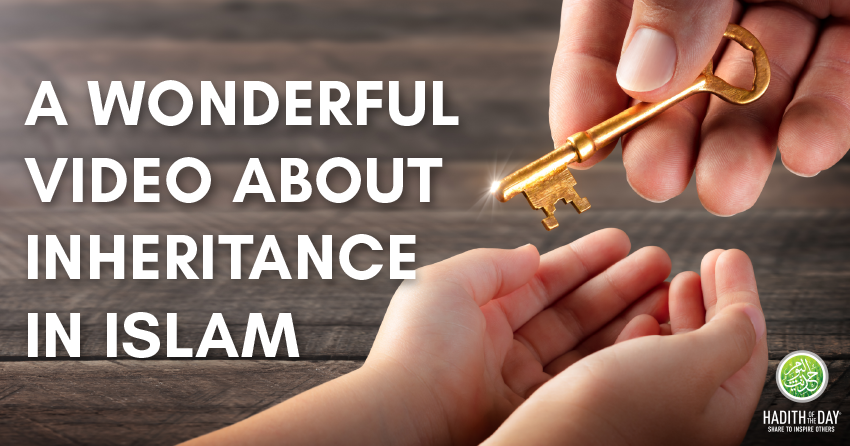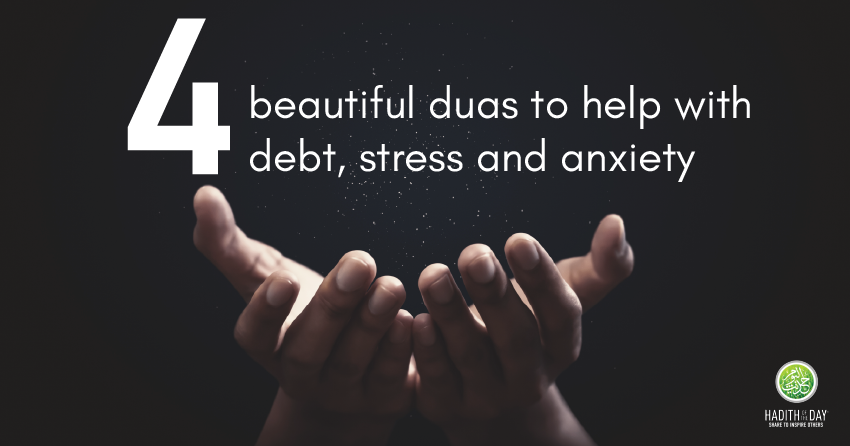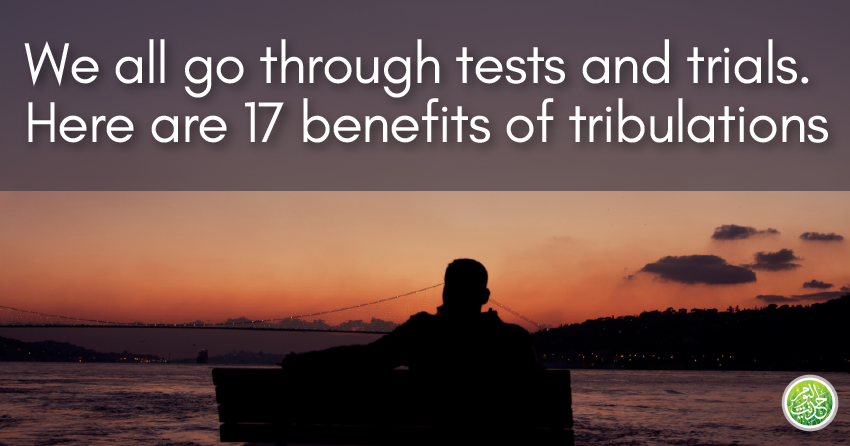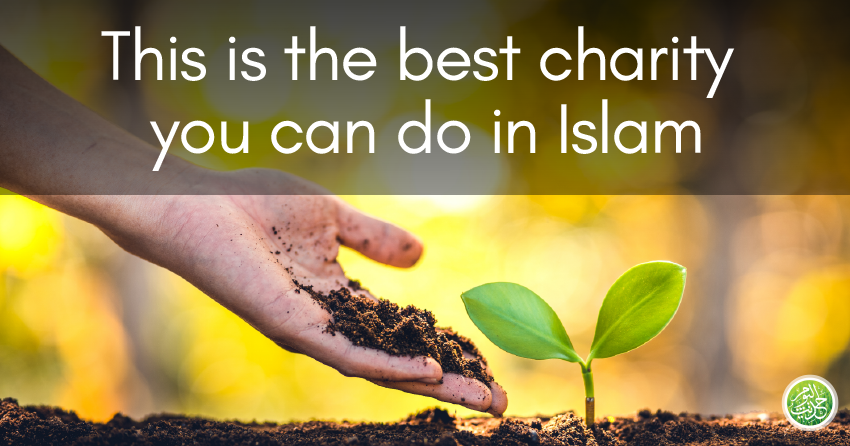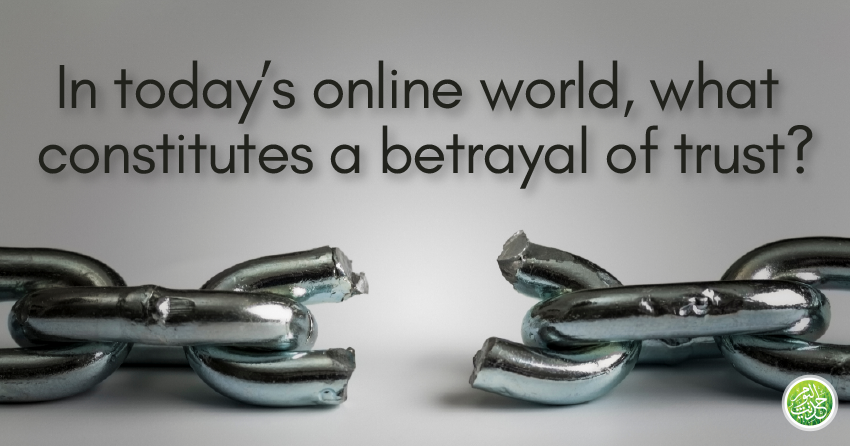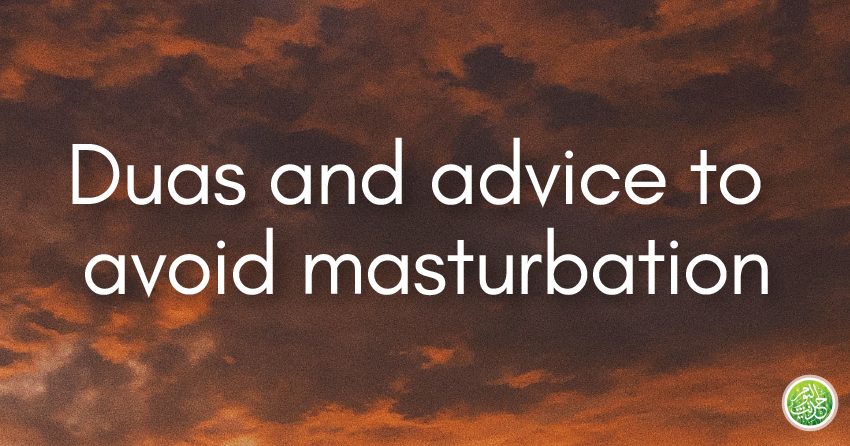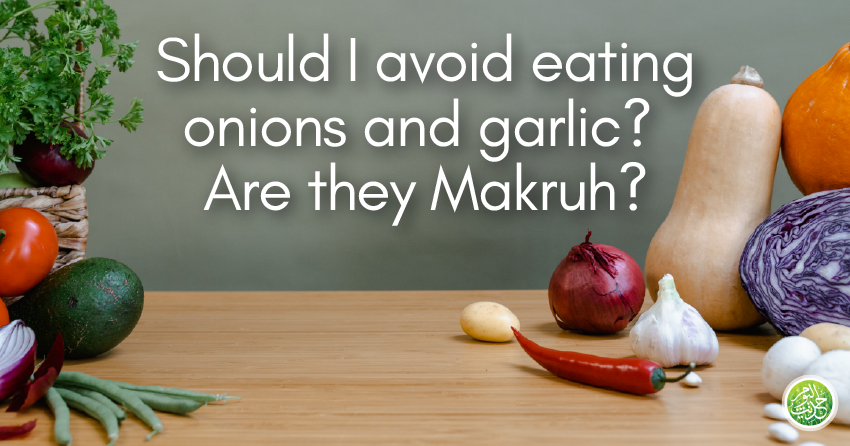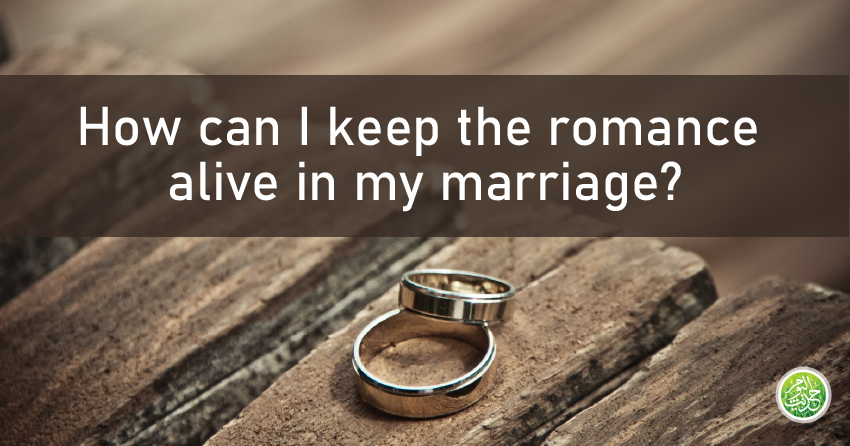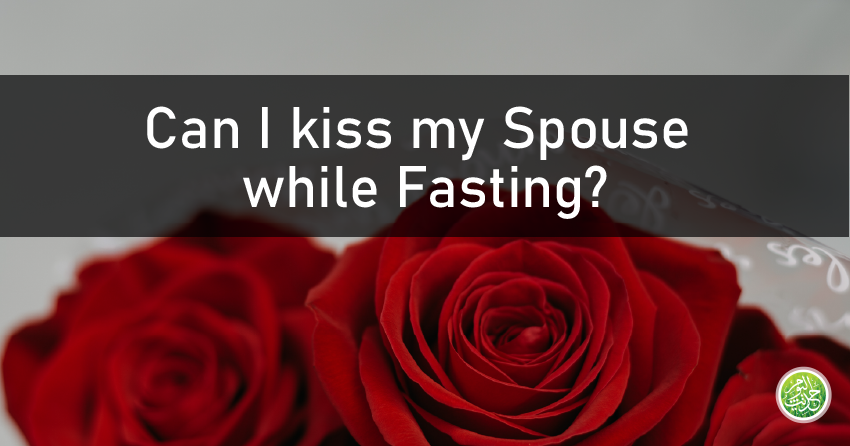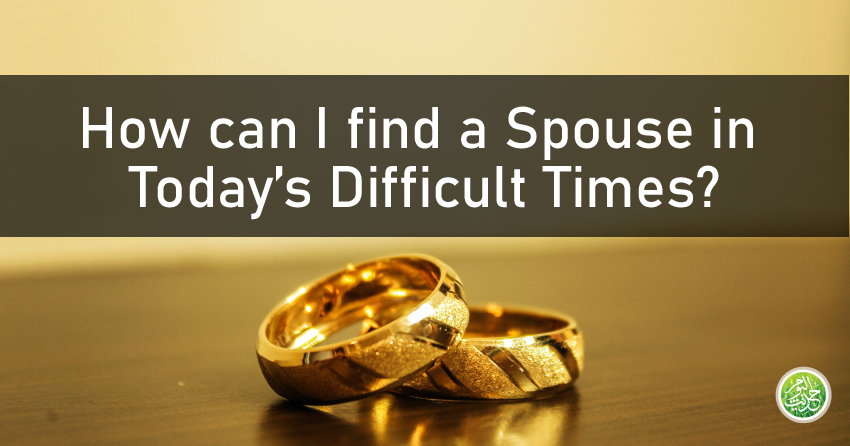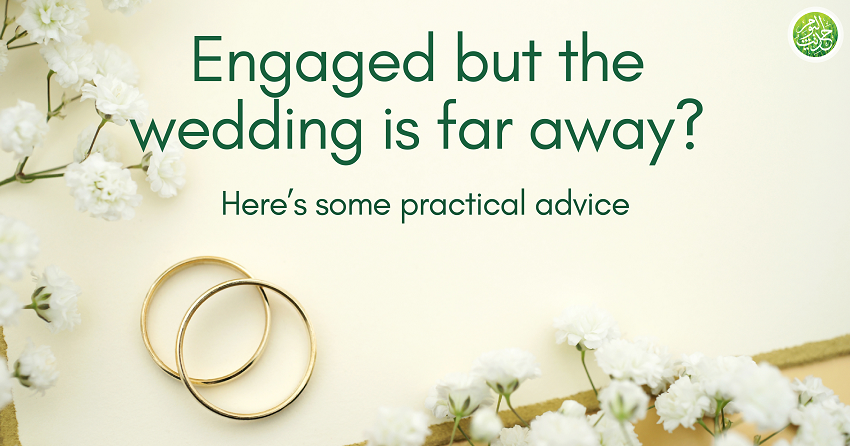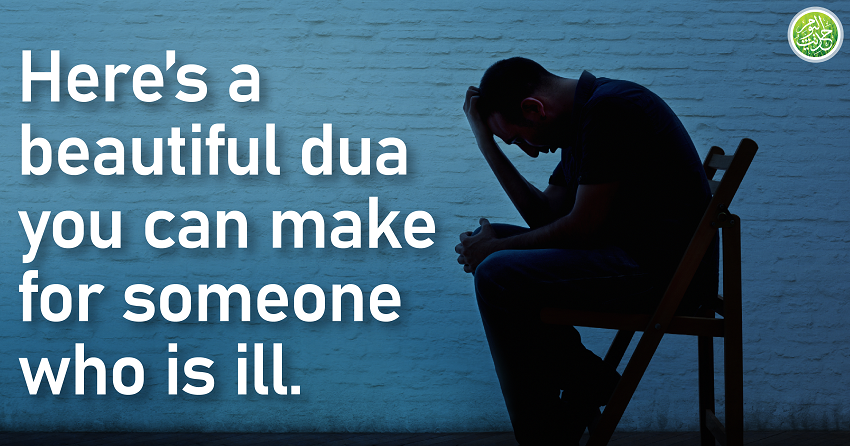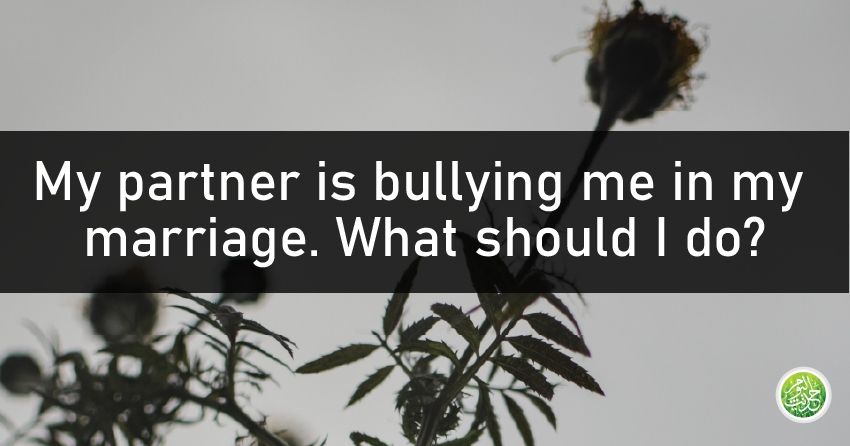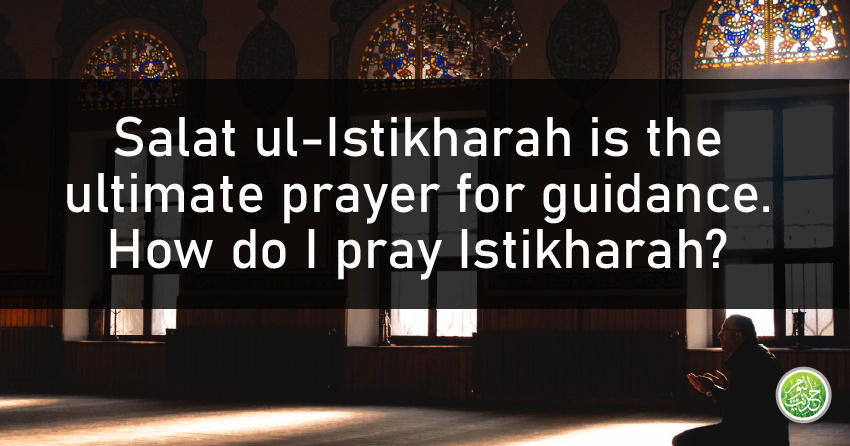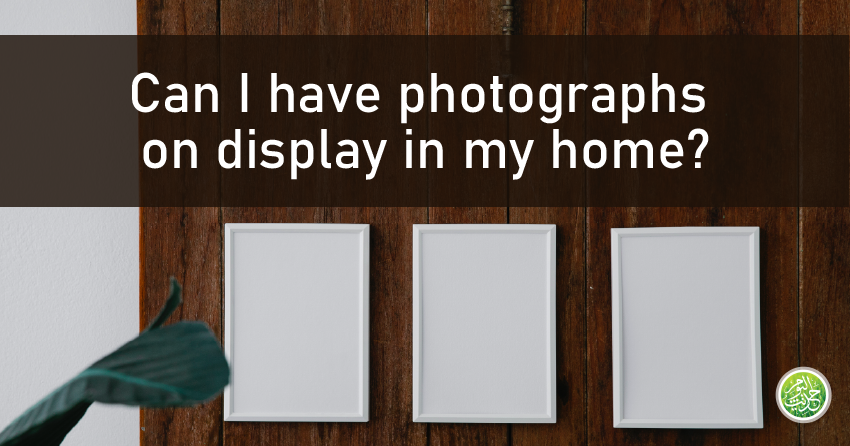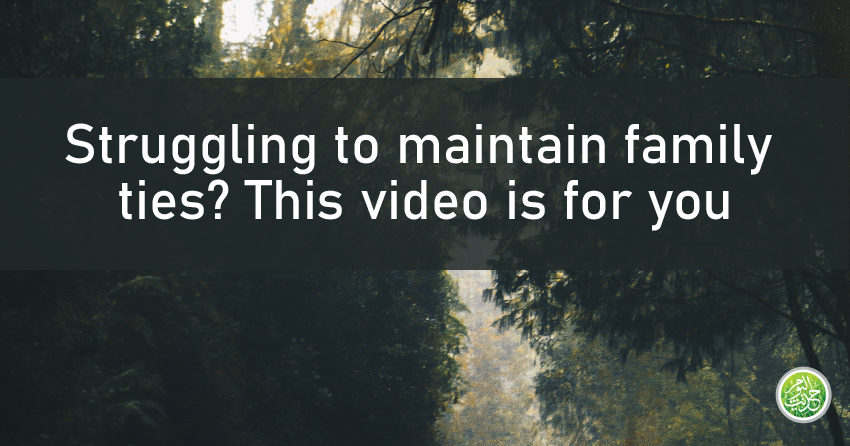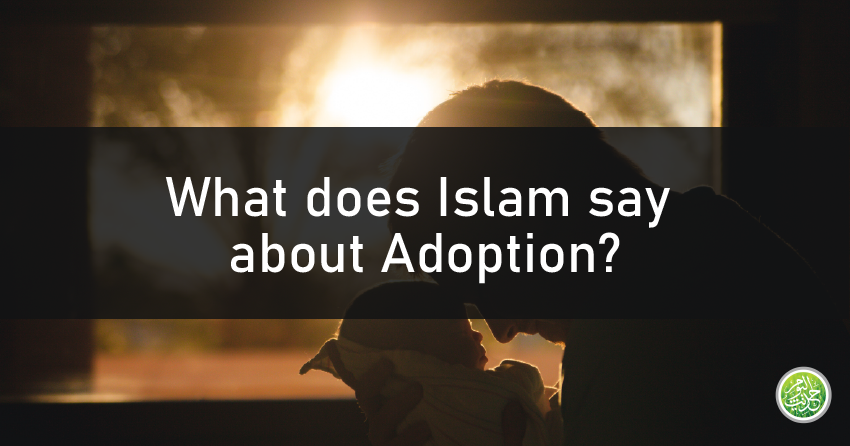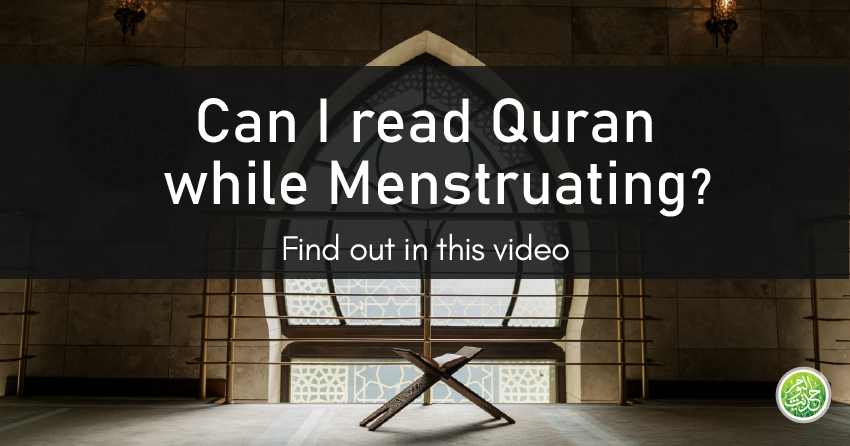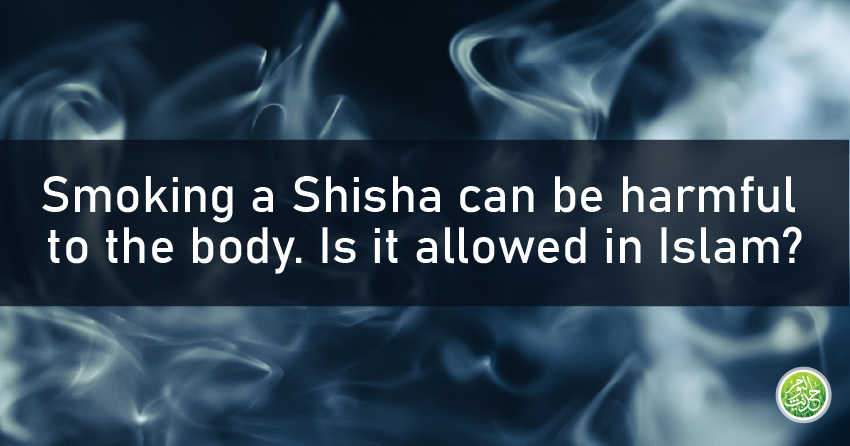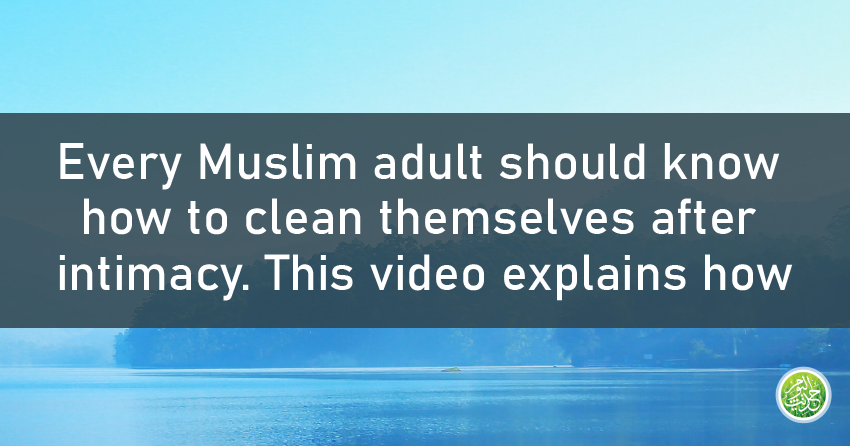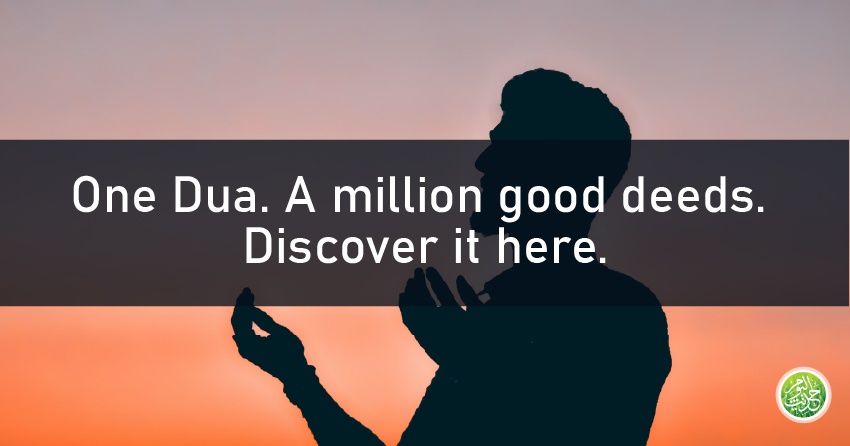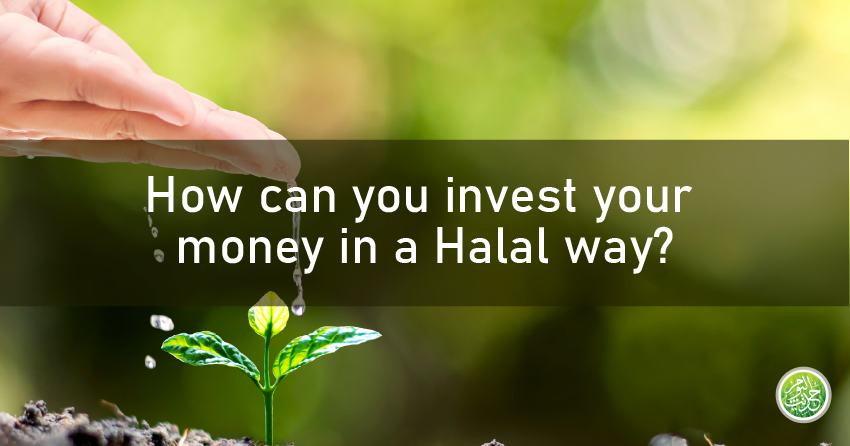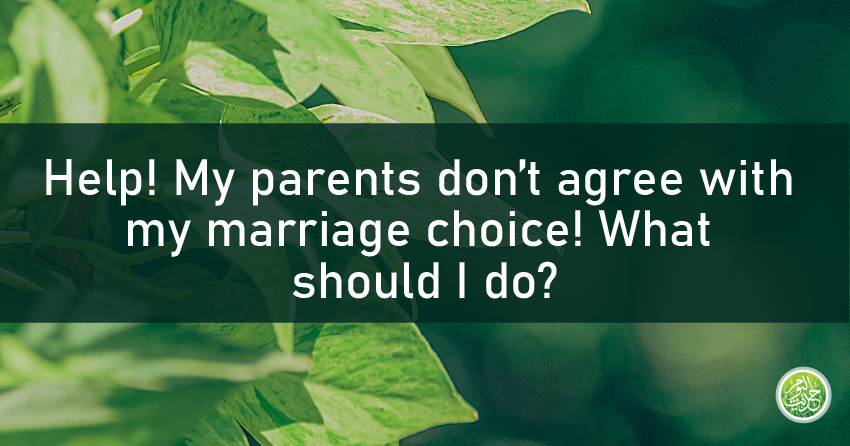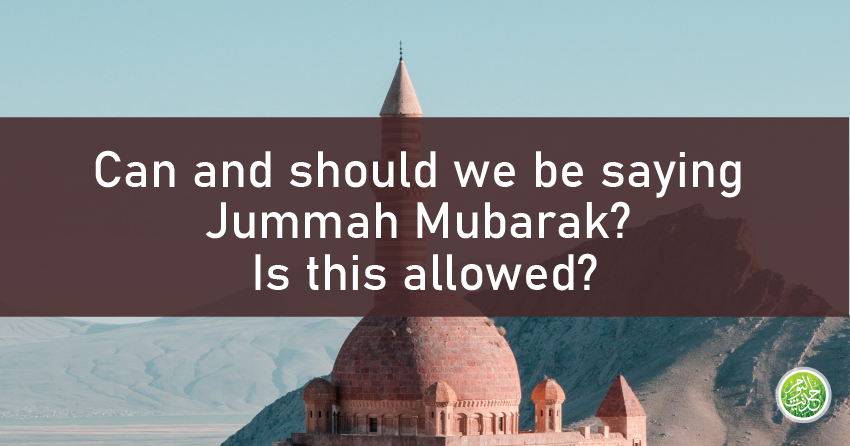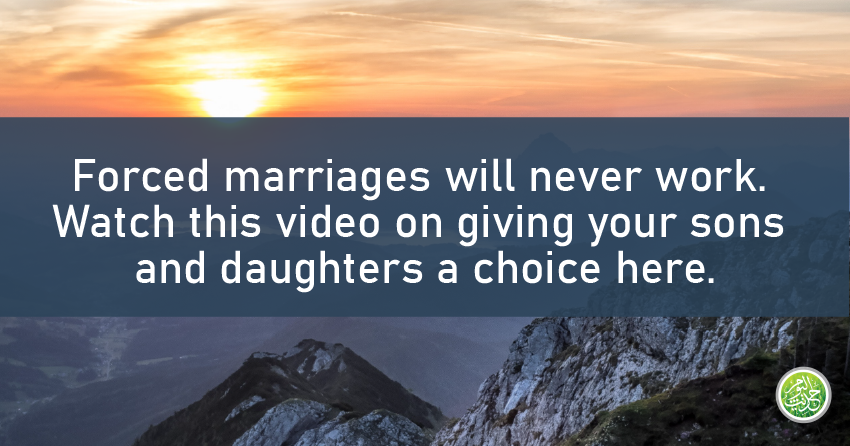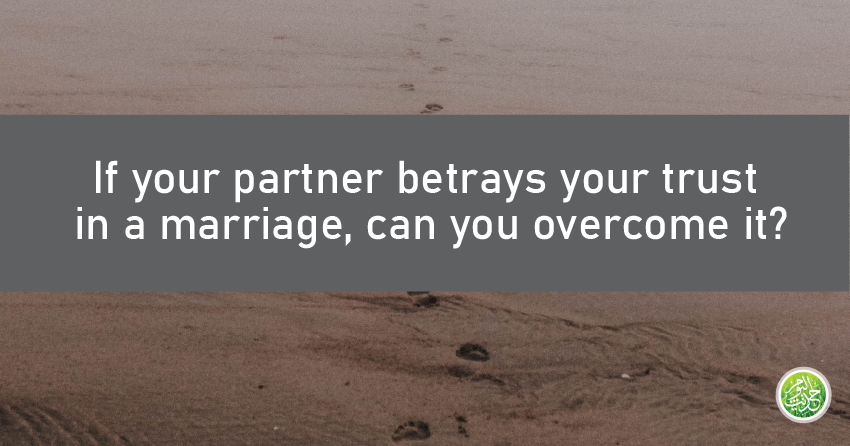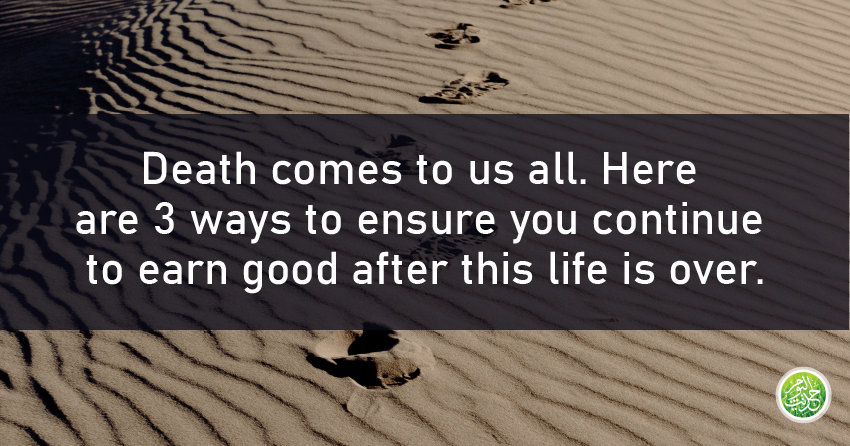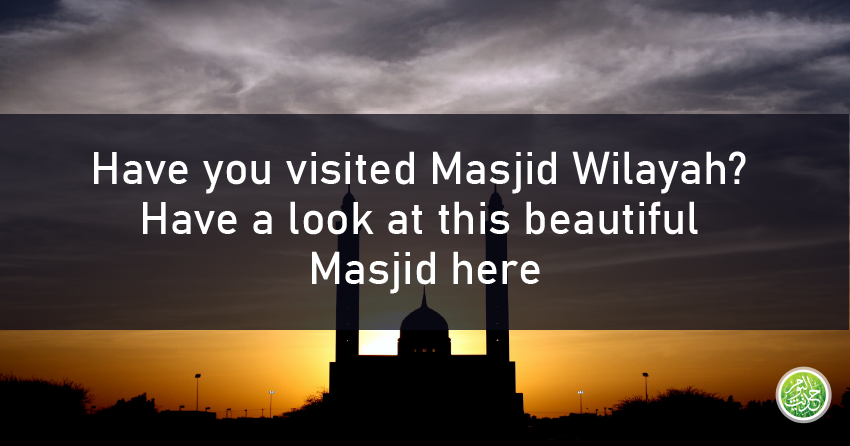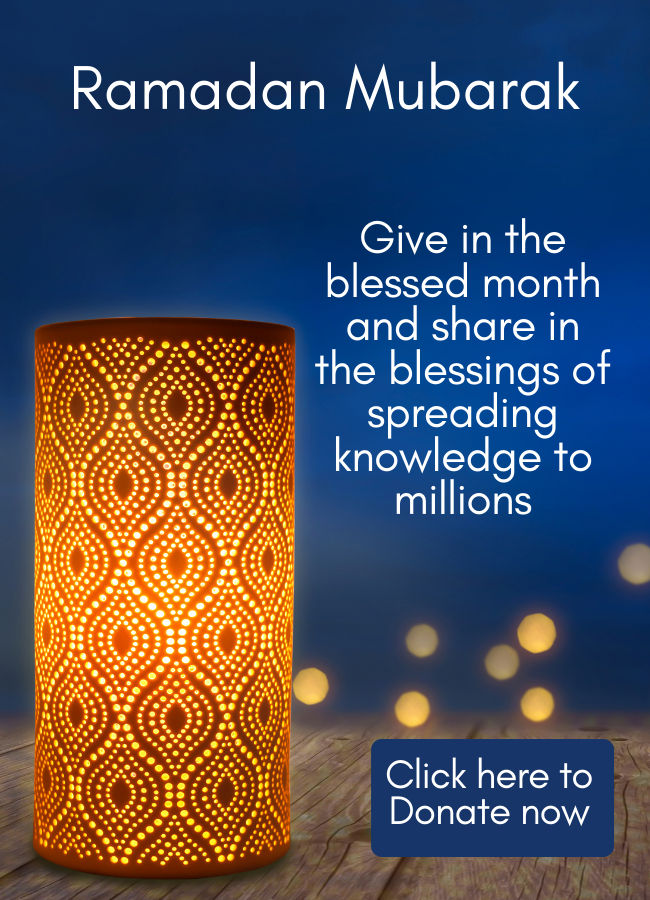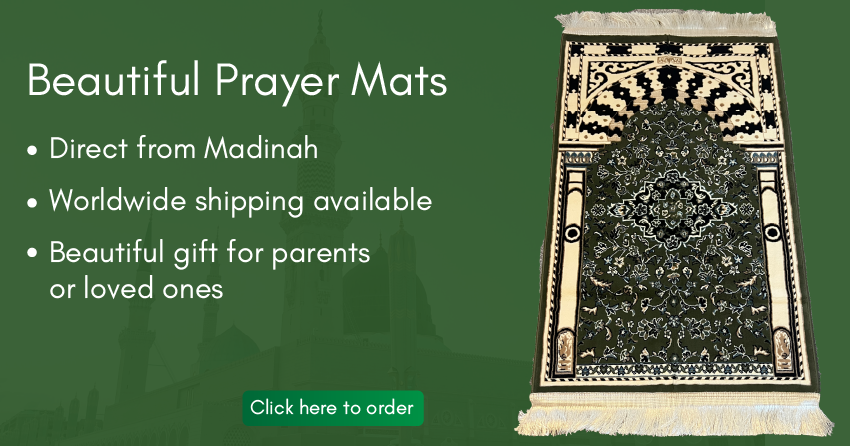Trials & Blessings of the Greatest Journey
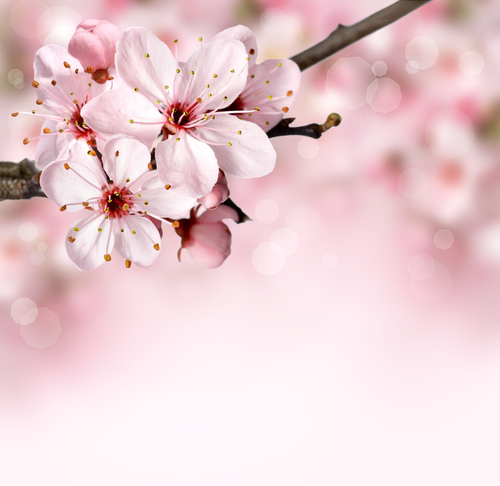
It’s an unparalleled experience that can never be captured through words; it rises with your soul to its origin in the heavens and humbles your body towards its earthly origin; it gives you glimpses of the Hereafter and reminds you of your ultimate purpose of existence; it’s none other than the greatest journey of Hajj. Allah subhanahu wa ta`āla (glorified and exalted is He) has beautifully designed this massive convention of believing hearts and souls with each of its steps having individual purposes as well as a collective, transformational effect. Perhaps those who discover most or even some of these intended objectives (maqāsid) and secrets of Hajj will be blessed by Allah (swt) with the most positive, meaningful and fruitful experience.
The Journey Begins
When you make the intention to dedicate this act of worship to none other than Allah (swt), and enter into the state of ihrām(consecration), you have officially begun the Hajj.
It’s through ihrām that Allah (swt) physically prepares you for the journey. If you’re used to spending your mornings choosing color-coordinated outfits, gelling and styling your hair, or drenching yourself with cologne or perfume before you leave the house, now won’t be the time or place for these things. If you spend hours putting on makeup and getting manicures and filing, buffing or polishing your nails, you’ll let these go for now too; it’s time to take your mind off your looks and purify and polish your heart instead.
You’ll be able to change your clothes and shower of course, but you’ll stay in your natural state—just as how your mother bore you. If you’re a brother, the seamless two white cloths you wrap yourself with remind you of your equality with the rest of Allah’s servants—even if you’re a big-shot doctor, engineer, lawyer, or businessman. You’ll also be reminded of how you’ll look when you’re alone in your grave, and all you’ll have is the state of your heart and the quality of your deeds. If you’re a sister, you’ll be wearing what covers your body and doesn’t make you stand out; you won’t be showing off your stylish hijābs and glamorous outfits, purses and shoes—because nobody will be paying attention.
Instead, you’ll be answering Allah’s call through the words of your spiritual forefather, Ibrahīm (peace be upon him), sayinglabbayk Allāhumma labbayk (Here I am at Your service, O Allah, here I am) with millions of other Muslims from around the globe! The surge of people answering this great call reminds you of the Day of Resurrection, when everyone rises from their scattered graves throughout the earth, and is drawn towards the meeting place with Allah: the Land of Assembly (ard al-maḥshar). This is when people will be fleeing from their own brothers, mothers, fathers, spouses and children because everyone will have their own burdens and sins to worry about. Here in Hajj, you’re running towards Allah as well, but with hope and longing for His mercy, forgiveness and pardon before it’s too late to lighten the burdens. As you repeat thetalbiyah over and over, the anticipation builds up and your heart begins yearning to see the Ka`bah and be with Allah in His blessed House.
The Spiritual Nucleus
You enter the doors of the Sacred Mosque, and as soon as you see the Ka`bah, its grandeur overtakes you and your eyes immediately fill with tears. This is the structure you’ve been praying towards all your life, and that you’ve seen as a small cube on TV or in pictures. But now it’s real; it towers above you with an overwhelming presence, sending shivers down your body. As you get closer to the Ka`bah and start performing ṭawāf and making dhikr, you can’t help but feel this magnetic attraction to the Ka`bah. It’s as if you and everyone else are these tightly bound electrons gravitating towards a massively charged spiritual nucleus, in one giant molecular body of Allah’s servant-worshippers. With the ṭawāf in motion, you feel that you’re officially in sync with the rest of creation as it glorifies Allah—from the smallest atoms on earth, to the sun-orbiting planets in the solar system, to the angels encircling Allah’s throne in the heavens directly above.
As you catch a glimpse of those around you, you see so many deep in personal conversation with Allah, begging Him and imploring Him to forgive them, answer their prayers and relieve their worries. Their heads are humbly lowered; their hands raised up like beggars, and tears streaming down their cheeks. You think to yourself: who am I amongst all these people? I may be known back home amongst family, friends, co-workers, or community members; I may have been popular in school or I may give khutbahs, speak before hundreds and hold various leadership positions—but here I’m this tiny, unknown speck trying to gain Allah’s mercy and forgiveness like millions of others. Seeing others exhibit such humble devotion crushes any arrogance or conceit you may have unconsciously harbored before. Your feeling of insignificance and lowliness in this sacred place also makes you realize how much you’ve fallen short in worshipping Allah, but also how blessed you are to have the chance to rekindle an intimate relationship with your Master and Loving Creator.
A Walk of All Times
If you’re used to living a sedentary lifestyle, or letting studies and deskwork eclipse your un-actualized plans to stay fit, thesa`y between Safa and Marwa remind you that it’s time to shape up! It’s refreshing to notice the brothers of the Ummah—the young and old, frail and strong—infused with energy as they jog and follow the footsteps of our beloved Hājar (as). As you do dhikr and reflect upon Hājar’s worried state, you think of her dedication and commitment to find what she was searching for. She went back and forth—not once or twice—but seven times! Hājar was on a mission, and she walked the walk rather than moping, complaining and giving up. Allah blessed her and her son with Zamzam water because she worked for it, just like He blessed Maryam (as) with sustenance after giving birth to `Isa (as) because she shook the palm tree like He told her to.
With these examples, you think to yourself: what’s my drive and mission in life? What am I doing active sa`y towards? What am I so passionate about that occupies my mind and keeps me awake at night? Is it trying to win the heart of a nice-looking girl, or is it making a wealthy, handsome guy fall in love with me? Is it the “baller” car I’m planning to buy or the latest gadget in the market I have to have? What are my higher aspirations for my dīn, my community, my Ummah and my ākhirah? Allah (swt) says: “Race toward forgiveness from your Lord and a Garden whose width is like the width of the heavens and earth, prepared for those who believed in Allah and His messengers” (Qur’an, 57:21). Am I at the forefront of this race or am I trailing behind? What’s holding me back, and how do I become one of the forerunners closest to Allah (as-sabiqūn al-muqarrabūn – Qur’an, 56:10-11)? You end the sa`y with renewed energy, personal commitment and desire to please Allah (swt) at unprecedented levels.
Spiritual Heights
The first part of the Hajj has been building up to this spiritual climax. It’s the 9th of Dhu’l-Hijjah, when you and all the other pilgrims have to be on `Arafah. It’s one of the essential pillars of Hajj, and if you’re not present here today, your entire pilgrimage is nullified. Why is that so? You’ve come all the way over here for Allah (swt)—leaving your country and loved ones and treading this long journey—so now Allah wants you to be part of those He showers with His blessings on this special day. Ṭalha ibn `Ubayd-illah reported that the Prophet (peace be upon him) said: “On no other day [other than the day of Badr] does Satan feel so belittled, humiliated, and angry as he does on the Day of `Arafah. This is because of the mercy of Allah that descends, and the forgiveness He grants to people…” (Al-Bayhaqi)
Knowing this day’s status and its shortness makes you not waste it sleeping, relaxing or chit-chatting with others. Instead, you spend most of it alone (in khalwa) with Allah, asking of His blessings; begging Your Creator, al-Rahīm al-Wadūd (the Especially Merciful, the Loving) to accept you, protect you, forgive you and love you. This is the time when you place your heart and soul in the hands of Allah; you become oblivious of your surroundings, and let out all your worries and fears, hopes and dreams; you repent to Him for the small and the big sins; the ones you did in secret and the ones you did openly; the ones you were aware of and the ones you didn’t realize. As the sun sets and its brightness fades in the sky, you feel a calm and comforting serenity in your heart, and you smile with hopeful certitude (yaqīn) that Allah accepted your du`ās and worship.
One Playing Field
Upon leaving `Arafah, you follow in the Prophet’s footsteps and spend the night at Muzdalifa. You’re tired and exhausted, and after you pray Maghrib and `Ishā, you might fall asleep on the ground, with a comforting mattress of gravel and rocks—and with thousands of people around you. An interesting observation came from El-Hajj Malik El-Shabazz about this part of Hajj. He said: “I remember one night at Muzdalifa with nothing but the sky overhead I lay awake amid sleeping Muslim brothers and I learned that pilgrims from every land—every color, and class, and rank; high officials and the beggar alike—snored in the same language.”1 As simple of an observation that is, that’s what Hajj does to you; you start reflecting and noticing the commonality between people; the subtle human things that bind us and make us one. There’s no room during Hajj for bolstering the superficial differences that build barriers between us and our brothers and sisters; we’ve all been leveled to the same playing field, and stripped of these distinctions before Allah (swt). It is only righteous and sound hearts that determine our rank with Him.
Brotherhood Bonds
After leaving `Arafah and Muzdalifa, staying in Mina can be one of the greatest blessings or one of the most trying tests of Hajj. In Mina, there’s a lot of downtime because ramy al-jamarāt (the stone-throwing) is the only rite of Hajj to complete there. So people almost forget that they’re still in Hajj, and they go back to talking about the dunya, gossiping, and some even bring their TVs and watch TV in the Mina tents! When you don’t occupy yourself with dhikr at this time, you find your tongue occupied with everything else instead. You might even find yourself overwhelmed with the conditions of the place (i.e. the food, the dirty bathrooms, the filth in the streets, the lack of order, lines, organization, etc.), and that could lead to venting frustrations, backbiting, arguing and speaking harshly to others. But then you remember Allah’s words: “…and no disobedience and no disputing during Hajj. And whatever good you do, Allah knows it; and take provisions, but indeed, the best provision is God-consciousness; and be conscious of Me, O people of understanding” (Qur’an, 2:197).
Allah knows very well the conditions in Hajj; He knows it draws people together of varying cultural backgrounds, habits, mannerisms, and temperaments; he knows you’ll deal with the more civil and the less civil; the respectful and disrespectful; the calm and the rash—and He knows that all these challenges aren’t easy to face. But He wants to test you and discipline you at the same time; he wants you to practice patience and keep your cool; he wants you to be kind, gentle, and pleasant; He wants you to overlook people’s faults, and help those in need. Doesn’t He say: “and [those] who restrain anger and who pardon people – and Allah loves the doers of good” (Qur’an, 3:134)? He wants you to have a positive influence on others, and show them the beauty of Islam through your exemplary character. And of course, He also wants you to be forever grateful for the numerous blessings and relative luxuries you have back home—from clean bathrooms, to spacious homes, to comfortable beds to sleep in; “And He gave you from all you asked of Him; and if you [tried to] count the favor(s) of Allah, you could not enumerate them” (Qur’an, 14:34).
It’s also in Mina that you can build strong brother and sisterhood bonds, and gain lots of rewards. Mina has long been a center of commercial, cultural and intellectual discourse. To this day, it’s where you can meet new people and build close relationships, form study circles, exchange ideas, and gain knowledge from esteemed scholars and shuyūkh. It’s also a place where you can share food with the elderly and the needy outside your tents, share your space with those around you, carry people’s things for them, and clean the areas people gather and eat in. You can even help organize people’s shoes so they’re not blocking the walkways, and kindly encourage others to maintain the order and tidiness of the place. Whatever you choose to do, it’s staying busy with serving your fellow brothers and sisters and being part of the solution that can be a source of inner peace and also help you avoid sinning during Hajj.
The Final Strike
As you walk with thousands of people to partake in ramy al-jamarāt (throwing the stones), you remember the spiritual strength and obedience of Ibrahīm and Isma`īl (peace be upon them). Ramy al-jamarāt not only connects you with their trials and their struggle against humanity’s enemy, but the physical act of stoning gets imprinted in your mind so you remember your own personal enemy and your daily struggle with him. After doing righteous deeds and being in a constant state of dhikr and worship, it is Satan who will try to sway you, distract you and pull you off the straight path when you go back home. As you throw the stones, you follow the Sunnah and say “Allahu Akbar” (Allah is the Greatest), acknowledging that only He has the power to protect you from Satan’s traps and temptations.
Ending with Continuous Remembrance
Allah says in the hadīth qudsī, “My slave-worshipper doesn’t draw nearer to me with something more beloved to me than what I’ve made obligatory on him…” Hajj is first and foremost one of the most beloved worships to Allah that unites the Muslims in His servitude, and reconnects the Ummah with its pure, monotheistic foundations established by Ibrahīm (peace be upon him). In addition to remembering and reliving the experiences of our spiritual forefather and his blessed family, Allah has also designed the Hajj to yield numerous and multifaceted benefits: it strips you of the worldly distractions so you can focus on remembering Allah and purifying your heart; it provides you with intensive moral, social, and physical training and discipline; it repeatedly foreshadows situations of the Hereafter so you can remember its reality and prepare for it; it dissolves superficial distinctions between you and fellow Muslims and gives you the chance to develop new, long-lasting relationships and bonds with them; and it reminds you of the age-old enemy who you’ll continue battling against with your rejuvenated Imān when you return home. When you go through this worship solely for Allah, and adorn it with His remembrance, righteous deeds, kindness, gentleness and beautiful character with your fellow Muslims, then insha’Allah that is the hajj mabrūr—which earns you the reward of none other than Paradise, and sends you back home sinless as your mother bore you.
Now, isn’t it a blessing that Allah (swt) made Hajj obligatory (for whoever has the means)? It’s out of Allah’s mercy that He wants His servants to be showered with these countless gifts when they travel to His sacred House as His guests. But Allah also wants you to do one last thing before leaving. You know how the Arabs of pre-Islamic Arabia would gather in Mina after completing the rites of Hajj and boast about their forefathers to boost their reputation amongst other Arabs? Allah now tells the believers: “And when you have completed your rites, remember Allah like your [previous] remembrance of your fathers or with [much] greater remembrance” (Qur’an, 2:200). After just finishing a series of rites that train you to constantly remember Allah, He wants you to keep it up even more! That way, when you go back home, you’re hooked on Allah’s dhikr. After all, how could you forget Him when He’s the One who guided you, blessed you and chose you from amongst millions of Muslims to visit His sacred house and follow the footsteps of Ibrahīm, Isma`il, Hājar and Muhammad (peace be upon them) like countless believers who walked this earth before you?
“And whoever obeys Allah and the Messenger – those will be with the ones upon whom Allah has bestowed favor of the prophets, the steadfast affirmers of truth, the martyrs and the righteous; and what excellent companions these are” (Qur’an, 4:69).
- The Autobiography of Malcom X. ↩
Original source: http://www.suhaibwebb.com/personaldvlpt/trials-blessings-of-the-greatest-journey/
Since You’re Here… we have a small favour to ask.
In these extraordinary times, millions rely on HOTD for daily uplifting & inspiring content. Established since 2009 and with your kind support we’ve seen readers elevate their Imaan & strive for better on a daily basis. We’re committed to keeping our content freely available and open for all readers. Every contribution, however big or small, makes a difference and help us spread knowledge to millions daily
HOTD is something special, it’s a place where people can come to be inspired, to renew their faith, to learn and share knowledge, to fall in love with our faith and also our Prophet (peace and blessings be upon him and his family).
All content on HOTD is free. We believe what we do in this life builds for the next one and we work tirelessly with the aim to please Allah and inspire the global Muslim community as
well as providing information and inspiration for anyone interested in Islam. We simply cannot do this without your support and your support helps us continue our services.
If there were ever a time to join us, it is now. You can support HOTD and help sustain our future. Support Hadith of the Day and make a one-off donation or give regularly from as little as £10 a month Jazak’Allah Khayr – whatever you donate will come back to benefit you Insha’Allah as whatever is spent in the way of Allah is an investment in the future and the next life. Thank you.


